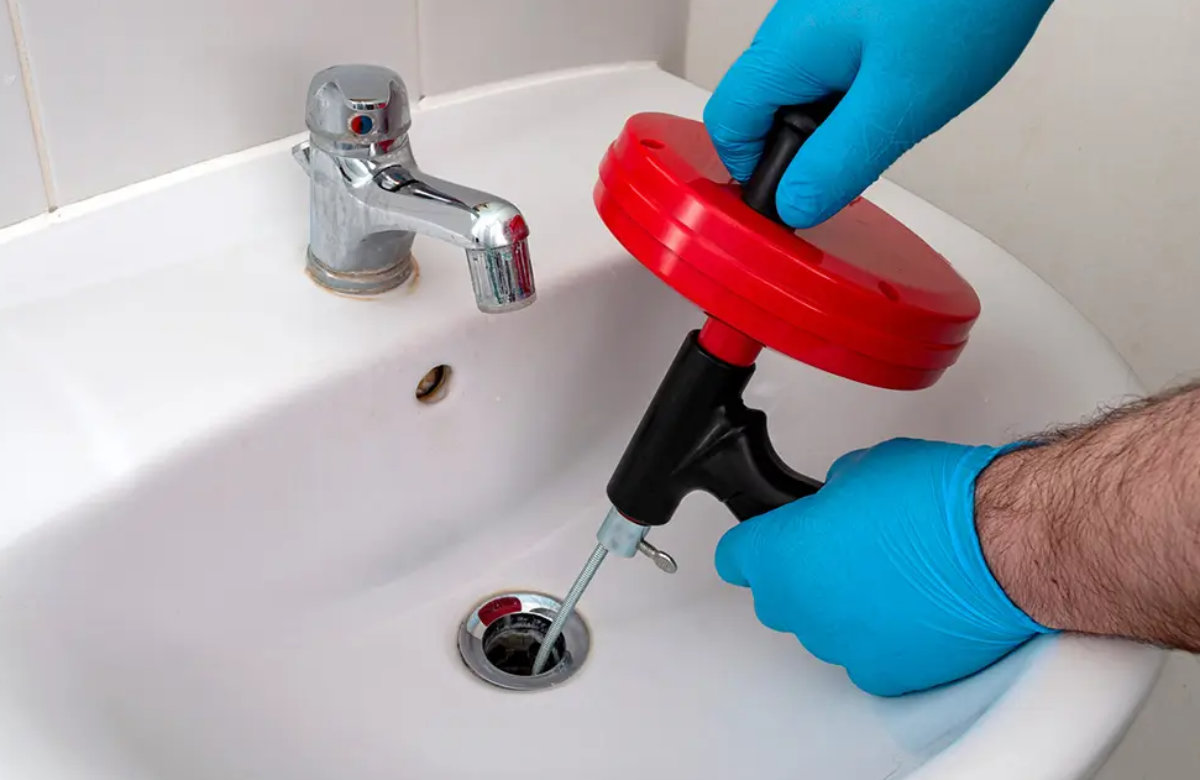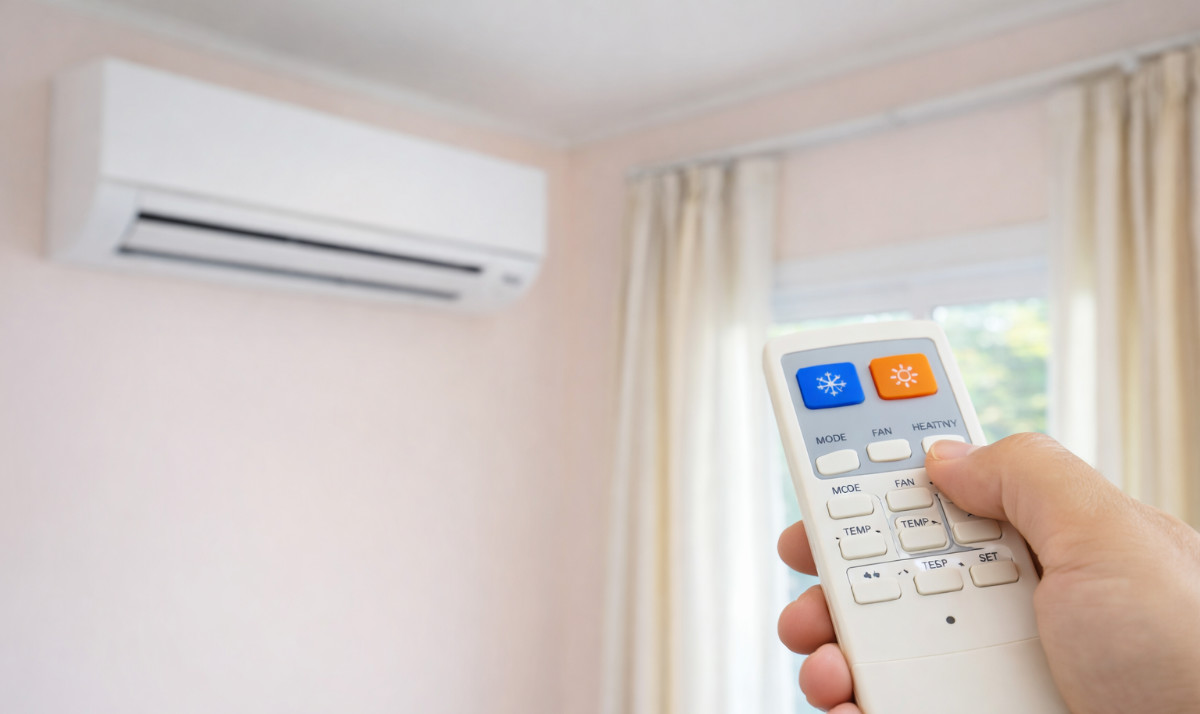After running your filter all winter long, you check its condition to find its air filter black.
Don't panic. It happens, especially with little attention paid to maintenance and upkeep. While it may be a minor concern, it is best to deal with it as soon as possible to prevent future problems.
Call a professional cleaning service if you aren't sure what to do. However, it helps when you familiarize yourself with these occurrences and the possible causes and effects.
Why is My Furnace Filter Turning Black?
Some factors prevent your furnace from working properly. Exposure to all the various elements it takes to keep your home warm causes many results ranging from bad to worse. However, there are ways to keep them from damaging your unit or occurring altogether.
If your furnace filter is black, it's time for a thorough cleaning or replacement. You can replace filters by yourself, but it would help to have professional guidance. A black furnace filter isn't quickly dealt with after all.
Fortunately, modern furnaces have more sophisticated systems to protect your unit from particle pollution. Much like those of an air conditioning system, furnace filters play a critical role in your indoor air quality and must be kept clean.
If you have neglected routine maintenance, don't be surprised to see a black air filter. A clogged air filter causes foul odors, poor function, and fire hazards. Your entire furnace may suffer from something as simple as dirty air filters without proper maintenance.
Let's talk about one of the main reasons why filters turn black.
Carbon Monoxide
A furnace-powered heating system produces carbon monoxide (CO) through its combustion process, beginning with ignition.
Unlike an HVAC system, your furnace requires fire, like burning candles and igniting gas fireplaces. A furnace converts natural resources such as air into ambient heating and requires combustion to do so effectively.
Carbon monoxide is incredibly hazardous in high concentrations. A black air filter is a red flag and may indicate carbon monoxide and other dangerous compound congestion.
You should immediately conduct a carbon monoxide test and contact a trained technician if you notice a black air filter. While the top priority of trained technicians is to regularly check furnace filters, they know what other indications to look out for in accurately diagnosing carbon monoxide levels in your home.
A black filter isn't always due to gathering carbon monoxide. It may stem from less hazardous causes.
Why is My Furnace Filter Black or Dirty?
Heating filters aren't directly responsible for indoor air quality (IAQ). Still, they can significantly impact IAQ levels.
Furnace filters prevent dust, soot, mold, and other debris from infiltrating the rest of your furnace. A clogged filter can transfer dust and dirt into heating distribution, affecting airflow.
Particle buildup hinders your furnace from functioning properly or efficiently. It can affect utility bills and cause energy costs to surge. The more particles obstruct airflow, the harder it is for furnaces to deliver heat and waste heat into your ducts and the rest of your home's venting system.
While your furnace doesn't have an evaporator coil, other heating systems have one to extract heat from indoor environments. An HVAC system can release burning odors when its evaporator coil burns off dust and dirt caused by a clogged air filter. It is not a cause for concern, but trained technicians should inspect an overwhelming or lasting odor.
As for your furnace, odors are more common due to combustion. Still, specialists should look into strange smells if they linger or become bothersome, especially when you don't keep up with routine maintenance. Here are some things that may cause odors and insufficient yet costly heating.
Common Causes of a Black Furnace Filter
Whether black or gray, any dark discoloration entails a dirty furnace filter and should be cleaned. On top of particle pollution, combustion can turn regular build-up into black soot and saturate the entire furnace filter.
Pet dander, dirt, and dust don't cause black soot per se, but enough buildup can lead to it. Your furnace filter harboring black soot from CO is one thing, but mold growth is a different beast.
Black Mold
A neglected air filter doesn't only lead to dust and soot. Mold spores thrive in humid and moist environments, making your furnace filter the perfect breeding ground. Mold growth is potentially as dangerous as a CO leak, but its remediation may also cost more. Excessive moisture, especially from warm condensation, breeds various mold colonies. Black mold is one of the worst infestations you can have in your home. Your clogged filter may trap other debris and expedite the growth and distribution into the rest of your home.
Soot and Dirt
Mold is one of the worst particles living in your filters, but soot and dirt harbor and expedites its growth. If you already have black mold, buying a new filter is best to replace the old one. However, regularly cleaning your furnace filter prevents excessive soot and other pollutants. Even cooling systems around your house suffer from dust, dirt, and soot.
Your air conditioning system may be afflicted by mold. While it doesn't have ignition components, black soot may infiltrate your air conditioner unit's systems, especially if you burn candles or have a fireplace nearby. Anything powered by gas (such as a gas water heater or stove) can also get soot into your furnace and cooling system.
It is vital to vacuum around your house to extract residual soot from your fireplace and candles. Scented candles may be expensive, but they burn the same. It isn't any cleaner or safer, producing the same hazardous soot. It's best to remember to clean up after igniting your expensive and inexpensive candles, incense, and wax cubes. Ensuring your house isn't congested with dirt and soot prevents saturating indoor air with particles. It helps protect your HVAC system and its filter from sucking up harmful debris and redistributing it to the rest of your house.
The Condition of Your Air Filter
Its top priority is to keep particles out of your filter, preventing any from getting to the thermocouple, pilot light, and airways. However, a backed-up air filter saturated with too many particles cannot protect the rest of your furnace. Any condensation exposed to the buildup may lead to mold and other contaminants.
An air filter is best when it looks, smells, and feels clean. While there are different air filters, they are generally clean when no discoloration, odor, or debris is stuck in their nooks and crannies. Particles typically build up between grooves, saturate the entire panel, and hinder sufficient airflow.
How Your Air Filter Works?
The two major types of filters are Active Charcoal and High-Efficiency Particulate Air Filters. While they work together to produce high-quality heating, their purpose sets them apart.
HEPA filter
HEPA filters catch larger particles like dander, hair, fabric, skin cells, and visible fragments. A HEPA filter can efficiently trap pollutants as small as .3 microns small. If it is clogged, there are efficient home remedies you can do.
Active Charcoal Filter
An active charcoal filter specializes in filtering out microparticles. While they aren't visible to the naked eye, microparticles can build up just as much and just as quickly as their larger counterparts.
What Should I Do if My Air Filter Is Black?
There are various things you can do about a black air filter, but you should always test for the presence of CO first. An IAQ measuring device available to homeowners and residential building owners can accurately calculate the presence of CO and CO2 indoors. Still, dealing with hazardous compounds can be tricky, and it's best to leave it to the professionals. However, a black air filter can be cleaned at home with CO and CO2 concerns aside.
Proper Care for an Air Filter
You can submerge or hose down a HEPA filter with cold water, being careful not to touch the fabric with your hands. While it is durable against pollutants, it is sensitive to human touch and requires gentle handling. However, a HEPA furnace filter cannot protect the rest of the unit against condensation-carrying impurities smaller than .3 microns. If your active charcoal filter is clogged or contaminated, you cannot clean it and need to replace the entire filter. Don't worry about that! Numerous specialists help you with furnace repair or any other service it requires.
When to Call a Professional?
If you notice the presence of CO or CO2 in the air by inhaling chapped or dry air and see black soot from air vents, call a professional immediately! On top of a leak, your furnace may be damaged and dangerous to handle without skillful know-how and professional equipment. A routine service won't cost you too much and will save you from any costly remediation in the future.
Sunset Heating & Cooling Electrical
If you need help maintaining or repairing your furnace in Oregon, the Sunset Heating & Cooling Electrical team is here to help. Furnace repair needs meticulous work and should only be carried out by reliable technicians. If you settle for an affordable service instead of a reliable one, you might pay for it later.
Remember, our team will ensure your furnace is given the utmost care and attention it needs, from furnace replacement, to repair and maintenance.
Call (503) 500-5866
You can book your appointment online or call our hotline for more immediate concerns.






